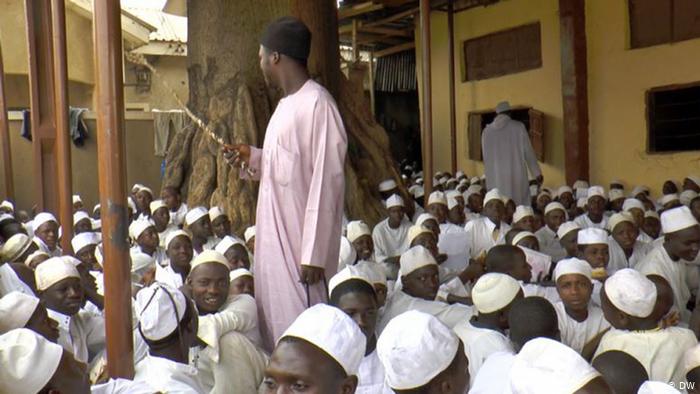Article of Faith
The Challenges Faced by Tahfeez Schools: Implications for Teachers, Parents and the role of Government -By Yasir Shehu Adam
Parents play a crucial role in their child’s success within Tahfeez schools. However, some parents are reluctant to take action if their child displays a lack of seriousness towords Islamic knowledge. Moreover, instances where Islamic teachers administer appropriate punishments, parents may interfere, hindering discipline within the school environment.

Introduction:
Tahfeez schools, also known as Quran memorization schools, play a vital role in preserving and promoting Islamic knowledge. However, the Tahfeez schools are facing numerous challenges nowadays, resulting in a decline in the performance of children attending these schools. This article aims to shed light on the problems faced by Tahfeez schools and the potential consequences for both teachers and parents and the role of government. Additionally, it emphasizes the need for parental involvement, balanced discipline, and government support to ensure a brighter future. It also addresses the influence of Western schools on this issue and the need for a balanced approach to education.
1. *Lack of Excellence in Performance:*
One of the major problems plaguing Tahfeez schools is the lack of excellence exhibited by students. Children often struggle to perform at their best, falling behind academically. While several factors contribute to this issue, the influence of Western schools cannot be ignored.
2. *Focus on Profit* :
Western schools, driven by financial motivations, often prioritize financial gain over the holistic development of students. This emphasis negatively impacts the educational outcomes of children attending Tahfeez schools. The future of these students is at stake, as they are deprived of a well-rounded education that prepares them for the challenges of the real world.
*3. Examination and Assessment Practices* :
Western schools tend to resort to manipulative practices like inflating grades and avoiding repetition of classes. Such actions may temporarily please parents but fail to provide an accurate assessment of a child’s abilities, while in Tahfeez schools is not like that. Consequently, parents may develop unrealistic expectations and become disconnected from the reality of their child’s progress.
4. *Superficial Emphasis* on English Language:
Western schools often focus on teaching English through limited verbal communication. Parents tend to mistakenly associate this with the school’s overall quality and future prospects for their child. This shallow emphasis on language proficiency fails to address the holistic development of a student and creates unrealistic benchmarks for success these is the reason why most of the students can’t perform excellently in higher institution, and in Tahfeez schools.
5. *Detrimental Impact on the Future:*
The implications of these issues become increasingly apparent in the long run. Without a strong foundation and a well-rounded education, students from Tahfeez schools may face difficulties when seeking higher education or entering the job market. The significance of maintaining a balance between religious and secular education cannot be overlooked for their future prosperity.
*6. Parental Responsibility and Engagement* :
Parents play a crucial role in their child’s success within Tahfeez schools. However, some parents are reluctant to take action if their child displays a lack of seriousness towords Islamic knowledge. Moreover, instances where Islamic teachers administer appropriate punishments, parents may interfere, hindering discipline within the school environment.
*7. Government Support and Recognition:*
Governmenta should actively engage in recognizing the achievements of Tahfeez school graduates. By establishing incentives and prizes, children will be motivated to excel in their studies. This recognition will not only benefit individual students but also encourage more children to pursue Arabic and Islamic studies within Tahfeez schools.
Conclusion:
The challenges faced by Tahfeez schools are multidimensional, impacting teachers, parents, and the overall education system. The influence of Western schools, superficial assessment practices, and inadequate parental involvement pose significant dangers for the future. It is essential for parents to actively participate fully in their child’s education, ensuring discipline and commitments should also to Islamic knowledge. Governments should also provide support, acknowledging and rewarding accomplishments within Tahfeez schools. By addressing these concerns collectively, we can ensure a brighter future for the upcoming generations in Tahfeez schools.
This Article was Written by
Yasir shehu Adam (Dan Liman)* a student of HND mass communication. Atapoly Bauchi.



















